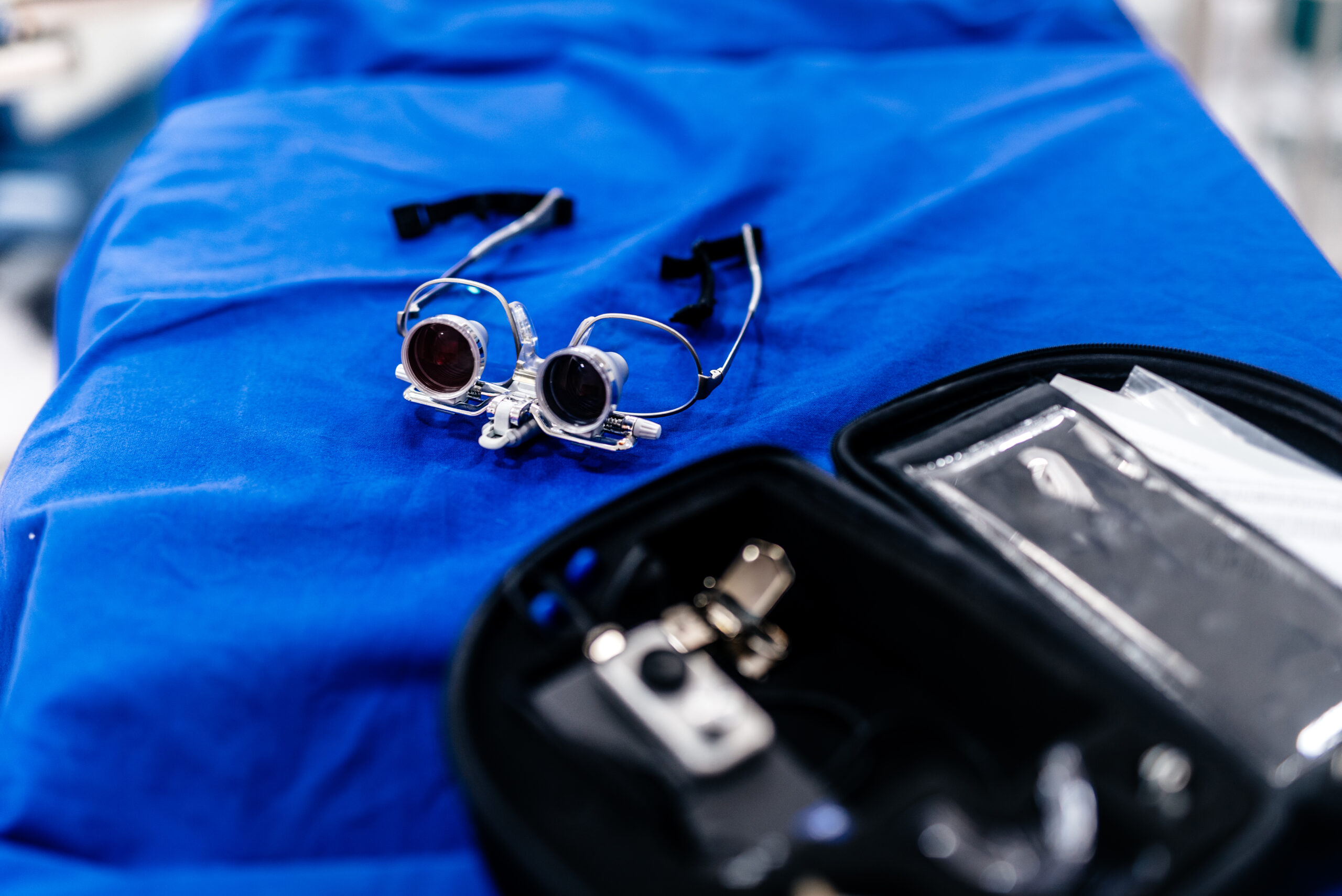
HPV and Oral Cancer: Early Detection and Prevention
As dentists, we tend to see our regular patients far more often than other doctors. This means we have the opportunity to be the first point of detection for diseases like oral cancer.
The Updated Demographic of HPV and Oral Cancer
Oral cancer is on the rise. What does this mean for dentists? First and foremost, it means understanding how the demographic of oral cancer has changed. At one point, it was associated with lower socioeconomic groups, smokers and poor nutrition/oral hygiene.
These associations with oral cancer have changed dramatically. One of today’s largest at-risk group is young, educated non-smokers.
New research has lead to the discovery of many different types of oral cancer. The majority of oral cancer cases are associated with HPV. Thankfully, HPV related oral cancers are highly treatable with chemotherapy and radiation.
Nowadays, oral cancer is more survivable and treatment is less detrimental to quality of life.
Why Early Detection and Prevention Matters
Early detection and prevention are the areas where dentists can have the most significant impact.
Early detection is crucial to improving the chance of survival and how treatment proceeds. One way to facilitate early detection is to offer oral cancer screenings at the beginning of every hygiene visit and exam. The best exam combines visual and technological assessment.
If you detect or are suspicious of oral cancer, you must actively refer your patients. It’s better to be safe than sorry, so there’s no reason to be concerned if you refer them to an oral surgeon and they aren’t diagnosed with oral cancer. Simply be upfront with patients about the likelihood that everything will be fine.
Prevention is the most powerful tool in our arsenal. It is our responsibility, along with the pediatric medical community, to promote and discuss the HPV vaccine with parents of our younger patients. Encourage them to vaccinate both sons and daughters for the prevention of oral cancer.
What early detection measures do you implement in your patient exams? Please let us know your thoughts in the comments!
Related Course
E2: Occlusal Appliances & Equilibration
DATE: July 19 2026 @ 8:00 am - July 23 2026 @ 2:30 pmLocation: The Pankey Institute
CE HOURS: 44
Dentist Tuition: $ 7500
Single Occupancy with Ensuite Private Bath (per night): $ 355
What if you had one tool that increased comprehensive case acceptance, managed patients with moderate to high functional risk, verified centric relation and treated signs and symptoms of TMD? Appliance…
Learn More>






